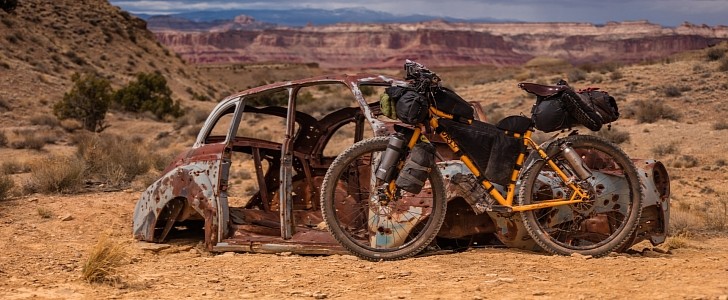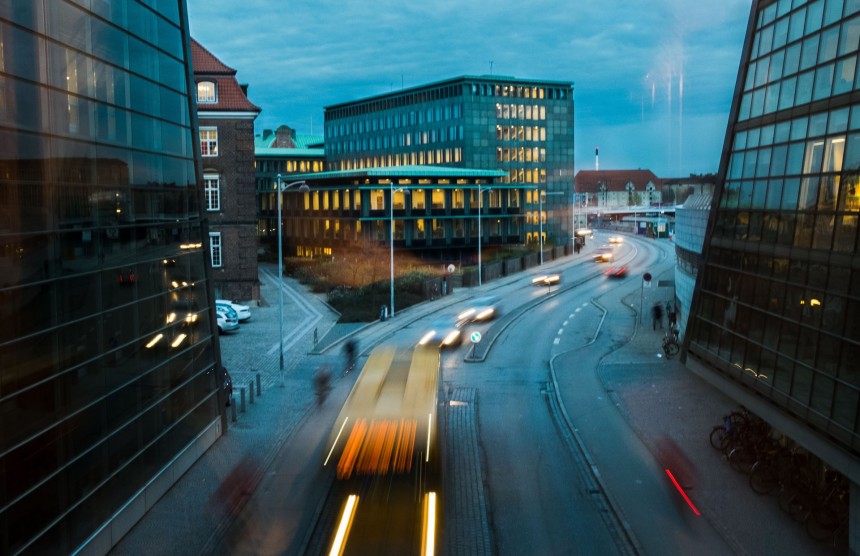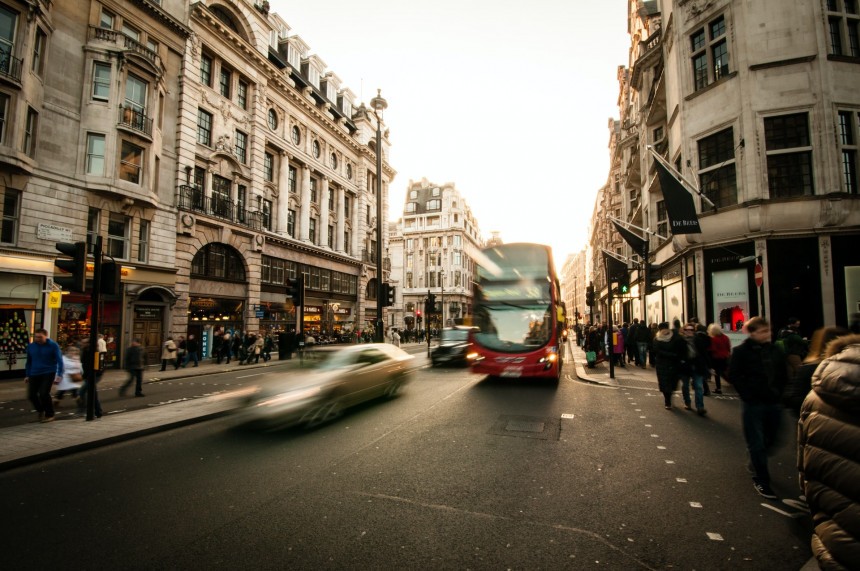Americans tired of drivers, traffic, pollution, cities designed around roads, and driverless cars kickstarted a movement that has a simple, yet very ambitious goal: a world without cars. Here’s what they have in mind, and what arguments they bring in favor of this provocative concept.
Can you imagine your life without a car or a truck? Do you see yourself biking to work or taking the bus every single day? Are you ready to carry groceries and supplies like in the old days? Well, this is what some people are dreaming of. We’re not talking about 100, 1,000, or 10,000 people. No, there are over 217,000 supporters of the anti-car movement! It’s worth understanding what they want, since these ideas tend to spread like wildfire.
According to a subreddit that has a very explicit name, people that are in favor of banning cars are not looking to make emergency vehicles disappear, they don’t want to disrupt the supply chains dependent on trucks, and don’t look at rural communities to make their plan happen. They also underline that the initiative isn’t political and doesn’t adhere to any set of “left” or “right” values and beliefs.
What these guys and gals wish is to make everyone aware of the cost that we must all support because cars became so important for almost anything we do. This is clearer now that we’ve all gradually returned to normal office hours.
The anti-car community essentially agrees that building the roads and the needed utilities creates “an unwanted economic burden on communities” that has proven to be costly everywhere, especially when you look at the yearly amount of dollars spent on maintenance.
Furthermore, they say this won’t stop with the switch to all-electric and self-driving cars, since charging and moving around without human control will almost certainly guarantee the number of vehicles won’t come down, and more money will be needed for charging and resting spots.
These online activists also underline that not everyone can simply buy and drive a vehicle. They say children, teenagers, impoverished parents and adults, and those unable to drive suffer a lot in “car-centric cities.”
Anti-car movement supporters also argue motor vehicles are dangerous. Occupants may benefit from increased levels of protection as automotive technology evolves and companies create new materials that are lighter, stronger, yet dissipate impact energy in a very efficient way, but those that are not in a car might not survive an impact with one – something that everybody knows since childhood. But these people insist exercising any “form of car-free liberty” is automatically linked to constant threat.
They also say cars are nurturing isolation, since people don’t meet so often to have a chat on a sidewalk. You may be inclined to bring up car communities and events, but keep in mind activists are only referring to city life. Urban dwellers might enjoy some more space for weekend activities or just walk to and from work.
A change is clearly needed, but it can’t happen without motor vehicles. They are an integral part of the U.S. (and the world) and of a major industry, while some certain models create entire communities, and even inspire.
All in all, banning cars from public roads and crowded cities might be applicable in specific cases or in some locations, but the U.S. is not ready in any way, shape, or form to give up entirely on motor vehicles. New York City is already struggling with keeping traffic under control after they’ve made more space for bicycles and buses. People have various needs when it comes to reaching different destinations, and we can’t take the comfort of knowing they can go everywhere they need at any given time without offering a public infrastructure that’s working continuously and without delays.
Those that support the anti-car movement should be happy with switching from an internal combustion engine to an all-electric vehicle, be it a battery-electric or a fuel-cell (hydrogen) one.
Share with us your thoughts on the matter in the comments down below. We’d love to hear what you think about this.
According to a subreddit that has a very explicit name, people that are in favor of banning cars are not looking to make emergency vehicles disappear, they don’t want to disrupt the supply chains dependent on trucks, and don’t look at rural communities to make their plan happen. They also underline that the initiative isn’t political and doesn’t adhere to any set of “left” or “right” values and beliefs.
What these guys and gals wish is to make everyone aware of the cost that we must all support because cars became so important for almost anything we do. This is clearer now that we’ve all gradually returned to normal office hours.
The anti-car community essentially agrees that building the roads and the needed utilities creates “an unwanted economic burden on communities” that has proven to be costly everywhere, especially when you look at the yearly amount of dollars spent on maintenance.
Not enough room for everyone
People also think cities give too much space to cars, parking, and gas or charging stations. They want more parks, schools, homes, and businesses instead of vehicles in populated urban areas. Anti-car supporters also argue that making more space for cars creates induced demand, which translates into more cars everywhere if roads are widened and parking spots are created.These online activists also underline that not everyone can simply buy and drive a vehicle. They say children, teenagers, impoverished parents and adults, and those unable to drive suffer a lot in “car-centric cities.”
Anti-car movement supporters also argue motor vehicles are dangerous. Occupants may benefit from increased levels of protection as automotive technology evolves and companies create new materials that are lighter, stronger, yet dissipate impact energy in a very efficient way, but those that are not in a car might not survive an impact with one – something that everybody knows since childhood. But these people insist exercising any “form of car-free liberty” is automatically linked to constant threat.
A change must happen, but not like this
For now, the idea to ban cars remains a discussion on a popular forum. But the number of people that agree with this idea is frightening. It’s impossible to have a car-less society. After all, people would still crash even if they rode bicycles or scooters. Removing cars may not change much, but giving up on fossil fuels and designing better cities might just do the trick.A change is clearly needed, but it can’t happen without motor vehicles. They are an integral part of the U.S. (and the world) and of a major industry, while some certain models create entire communities, and even inspire.
All in all, banning cars from public roads and crowded cities might be applicable in specific cases or in some locations, but the U.S. is not ready in any way, shape, or form to give up entirely on motor vehicles. New York City is already struggling with keeping traffic under control after they’ve made more space for bicycles and buses. People have various needs when it comes to reaching different destinations, and we can’t take the comfort of knowing they can go everywhere they need at any given time without offering a public infrastructure that’s working continuously and without delays.
Those that support the anti-car movement should be happy with switching from an internal combustion engine to an all-electric vehicle, be it a battery-electric or a fuel-cell (hydrogen) one.
Share with us your thoughts on the matter in the comments down below. We’d love to hear what you think about this.








